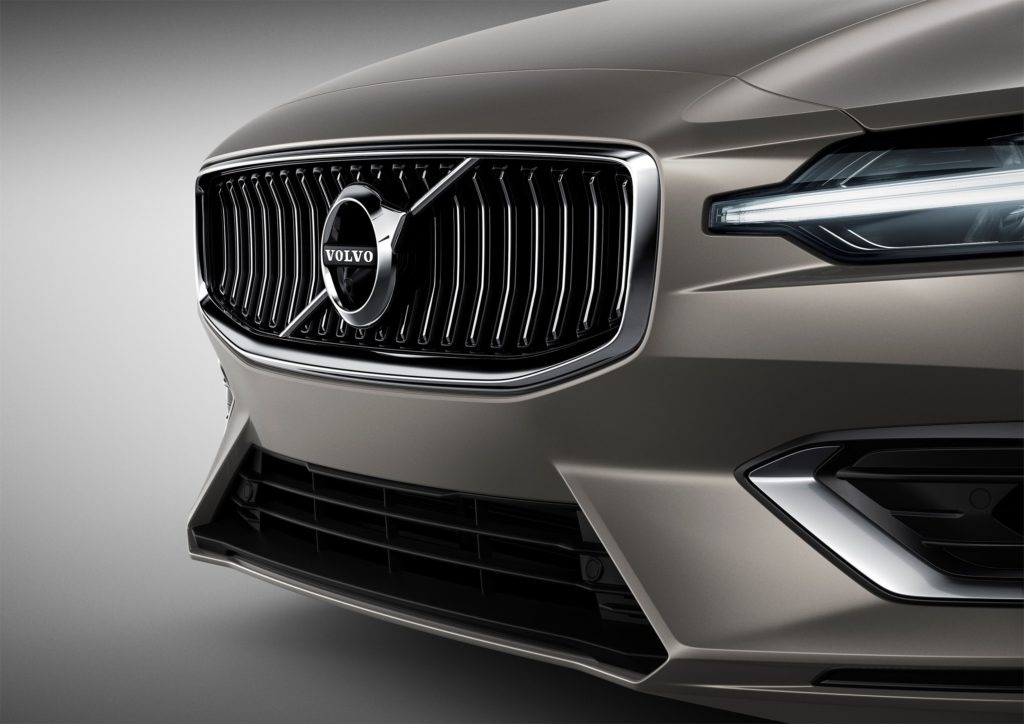Volvo takes measures to tackle intoxication and distraction
26 March 2019

26 March 2019
Volvo has unveiled its latest step in ambitions to end fatalities in its cars by addressing the issues of intoxication and distraction.
The company believes that these two areas should be addressed by installing in-car cameras and other sensors that monitor the driver and allow the car to intervene if an intoxicated or distracted driver does not respond to warning signals and is risking an accident involving serious injury or death.
Intervention could involve limiting the car’s speed, alerting the Volvo on Call assistance service and, as a final course of action, actively slowing down and safely parking the car.
′When it comes to safety, our aim is to avoid accidents altogether rather than limit the impact when an accident is imminent and unavoidable,’ says Henrik Green, Senior Vice President, Research & Development at Volvo Cars. ′In this case, cameras will monitor for behaviour that may lead to serious injury or death.’
Examples of such behaviour include a complete lack of steering input for extended periods of time, detection of drivers with their eyes closed or the car being off the road for extended periods, as well as extreme weaving across lanes or excessively slow reaction times.
A driver monitoring system as described above is an important element in allowing the car to actively make decisions in order to help avoid accidents that could result in severe injuries or death.
Distraction and intoxication, along with speeding, are the primary areas of concern for the Swedish manufacturer in the field of traffic safety. Together, these three areas constitute the main ′gaps’ towards Volvo Cars’ vision of a future with zero traffic fatalities and require a focus on human behaviour in the company’s safety work as well. The company has already announced plans to introduce speed limiters in its cars.
Figures by the National Highway Traffic Safety Administration (NHTSA) in the US show that almost 30% of all traffic fatalities in vehicles during 2017 involved intoxicated drivers.
Introduction of cameras on all Volvo models will start on the next generation of Volvo’s scalable vehicle platform, SPA2, in the early 2020s. Details on the exact amount of cameras and their positioning in the interior will follow at a later stage.
Volvo’s active safety systems come at the same time as the European Commission has announced an increase in the mandatory safety systems that vehicles will need to have fitted in the coming years. This would require the adoption of some new and existing safety critical systems to be added to new vehicles for them to achieve type approval. The rules could come into force from 2022. However, Volvo’s plans are independent of these requirements.